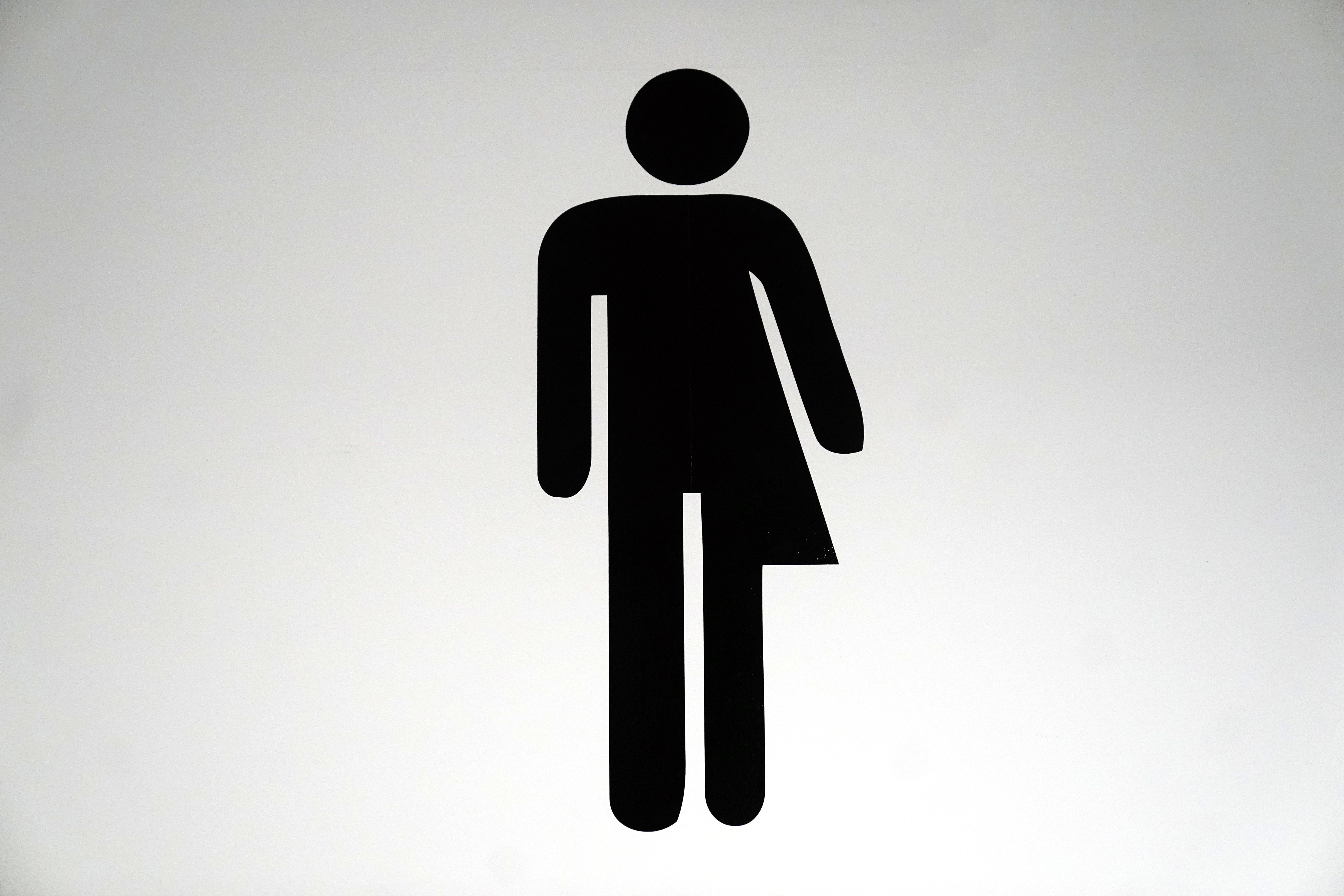Union to debate making gender identity guidance ‘more inclusive’ in schools
Parents have contacted schools to say they want to withdraw their children from lessons on the topic due to the guidance, an assistant head has said.

School leaders will debate whether Government guidance on teaching relationships, sex and health education should be changed to be “more inclusive” for pupils exploring their gender identity.
Some schools are being put off from talking about gender identity with pupils as the Department for Education (DfE) guidance on the topic makes it sound “scary”, an assistant headteacher has said.
Andrew Moffat, the personal development lead at Excelsior Multi-Academy Trust, said he has heard from schools where parents have asked to withdraw their children from lessons on gender identity after reading the Government’s guidance on implementing the relationships, sex and health curriculum.
Delegates at the National Association of Head Teachers (NAHT) annual conference in Telford on Saturday are to debate whether the union should campaign for the wording of the DfE guidance to be changed “to create a more inclusive approach”, particularly for pupils exploring their gender identity.
The DfE guidance for schools, published in September 2020, says: “We are aware that topics involving gender and biological sex can be complex and sensitive matters to navigate.
I think it's a barrier for schools because schools aren’t sure how to navigate it
“You should not reinforce harmful stereotypes, for instance by suggesting that children might be a different gender based on their personality and interests or the clothes they prefer to wear.”
Resources used in teaching this topic must always be age-appropriate and evidence-based.
“Materials which suggest that non-conformity to gender stereotypes should be seen as synonymous with having a different gender identity should not be used and you should not work with external agencies or organisations that produce such material.”
Mr Moffat, who will propose the motion calling for changes to the wording of the DfE guidance, said anti-trans groups are using the guidance to put pressure on schools not to teach about gender identity.
He told the PA news agency: “It’s not helpful. I think it’s a barrier for schools because schools aren’t sure how to navigate it.
“Anti-trans groups are taking it and are saying, ‘look, this proves you can’t talk about gender identity’. They’re scaring schools into stopping doing this work.”
On the section of the DfE guidance on gender identity, Mr Moffat, who is assistant headteacher at Green Meadow Primary School in Birmingham, said: “The whole tone of this is ‘it is scary’. It’s panic.”
Mr Moffat, who carries out training in schools across the country about diversity, told PA: “I have had in double figures schools sending me emails from parents saying ‘have you seen this paragraph? I’d like to withdraw my child from teaching on gender identity’.
“It is a barrier and it’s just not helpful. So for me, I want it to be a discussion point.
“We have to show children that they don’t need to worry about this stuff. That it’s OK, you can be who you are.”
Delegates at the conference are also set to debate a motion on Saturday which suggests many primary schools are not teaching LGBT+ content due to unclear guidance to schools.
A DfE spokesperson said: “Following reports of inappropriate materials being used to teach relationships and sex education, the Education Secretary has already brought forward an urgent review of the curriculum, which will be informed by an independent panel.
“Separately, we are working on guidance to support schools in relation to children who are questioning their gender. This guidance will clarify schools’ legal position and the importance of involving parents when making any decisions relating to their child.”
Bookmark popover
Removed from bookmarks